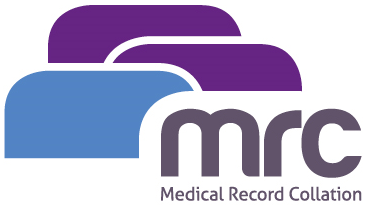Upholding Integrity: The Vital Role of Whistleblowing in Healthcare
This blog about the vital role of whistleblowing in healthcare relates to the news story from 16/06/2023 in Scotland, where a patient alleges that a surgeon experimented on her and ruined her life: https://www.bbc.co.uk/news/uk-scotland-65904293.
In the pursuit of delivering quality care, healthcare professionals carry a profound responsibility to prioritise the well-being of their patients. However, in rare instances, individuals within the healthcare system may abuse their positions, jeopardising patient safety and trust. This is where whistleblowing emerges as a crucial mechanism for safeguarding the integrity of healthcare.
The case of Leann Sutherland, a young woman who experienced a series of traumatic events during her medical treatment, highlights the significance of whistleblowing in a healthcare setting. Leann’s surgeon, a prominent figure in the field, undertook multiple operations that resulted in severe harm to her and numerous other patients. Shockingly, it was revealed that the health board overseeing the surgeon’s actions was aware of concerns regarding his practices as early as 2009, yet failed to take appropriate action.
Whistleblowing, often undertaken by courageous individuals within healthcare organisations, acts as a beacon of truth, bringing attention to malpractice and systemic issues that compromise patient welfare. In this particular case, it was a healthcare whistleblower who shed light on the health board’s knowledge of the surgeon’s misconduct, contradicting their claim of being unaware until much later. This brave individual took a stand against the prevailing lack of accountability within the department, exposing the toxic environment that allowed the surgeon to act with impunity.
The role of whistleblowing in healthcare cannot be overstated. It serves as a vital mechanism to break the cycle of silence and protect the rights of patients. Whistleblowers play a critical part in holding institutions accountable for their actions and ensuring that the highest standards of care are maintained. By bringing forth evidence of wrongdoing, they instigate investigations, prompt necessary reforms, and prevent further harm.
In Leann’s case, the consequences of the surgeon’s actions were life-altering. She endured months of hospitalisation, acquired life-threatening infections, and suffered irreversible physical and emotional damage. The ordeal deprived her of the future she once envisioned, robbing her of career prospects and the ability to lead a fulfilling life. However, her determination to seek justice, along with the collective efforts of 99 affected patients, illustrates the transformative power of whistleblowing in seeking redress and preventing future harm.
Whistleblowers often face significant personal and professional risks. They may encounter resistance, intimidation, or even retaliation from the very institutions they seek to protect. Therefore, it is imperative that healthcare organisations establish robust systems to protect and support whistleblowers. Encouraging a culture of transparency, accountability, and ethical responsibility empowers individuals to come forward without fear of reprisal, confident in the knowledge that their actions will be met with due diligence and appropriate measures.
In conclusion, the importance of whistleblowing in a healthcare setting cannot be overstated. It is an integral component of maintaining ethical standards, safeguarding patient safety, and holding accountable those who betray the trust placed in them. By upholding integrity and advocating for the well-being of patients, whistleblowers play a pivotal role in driving systemic change, fostering a culture of accountability, and ensuring that the ideals of healthcare are upheld to the highest degree.
For more information about our services, please visit our services page here.
